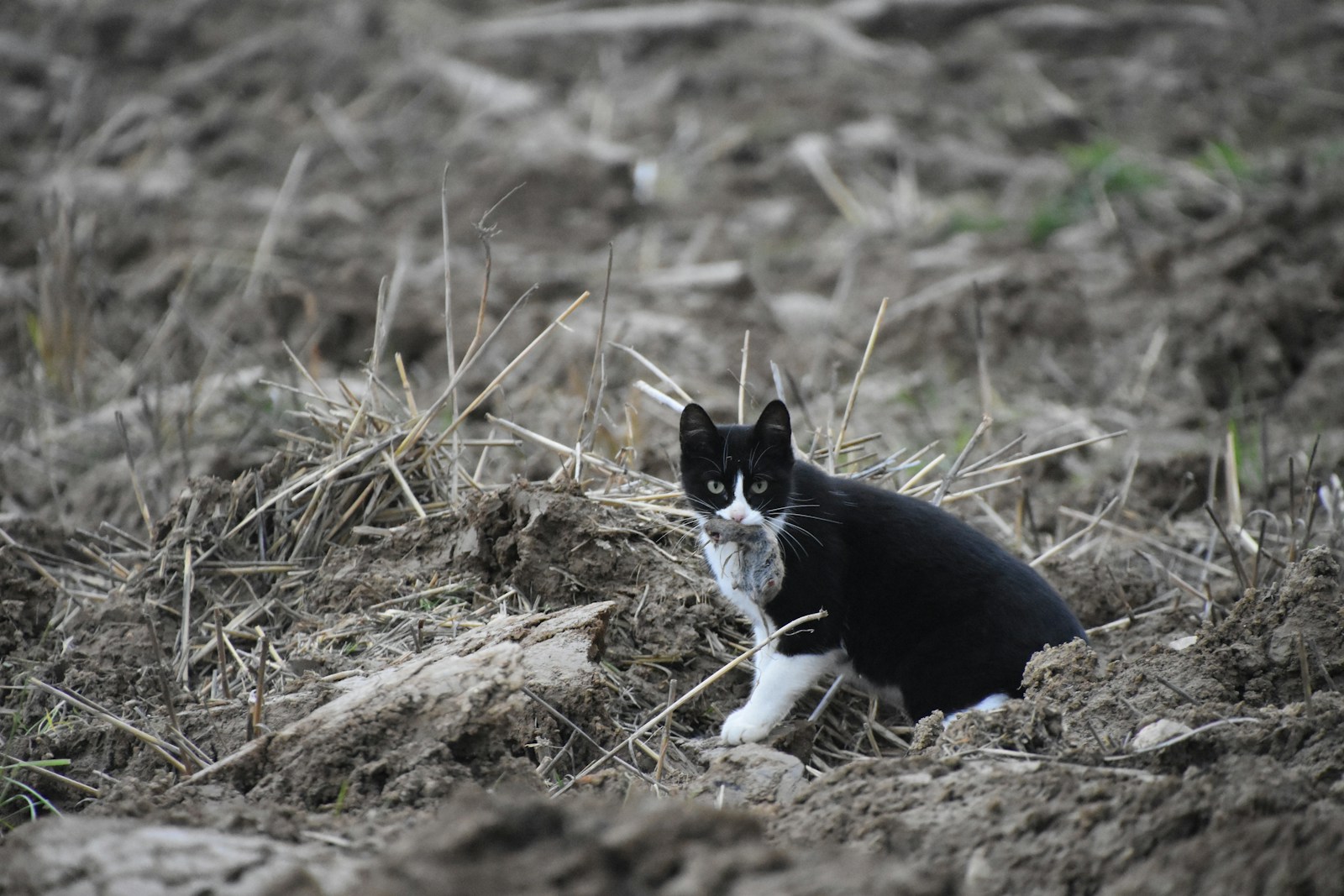
attraper

catch
The French word 'attraper' is used similar to how the English word 'catch' is used. It can mean to capture or grab someone or something physically. It can also be used metaphorically, like to catch a cold, you would say 'attraper un rhume'. Just like 'catch', 'attraper' is a versatile word in French.
Example sentences using: attraper
Je vais attraper le ballon.

I'm going to catch the ball.
This is a simple use of the verb 'attraper'. It is being used to mean 'to catch', in this case a ball.
Il a réussi à attraper le bus au dernier moment.

He managed to catch the bus at the last moment.
In this case, 'attraper' is being used to refer to 'catching' or 'making it onto' a means of transportation - in this case, a bus - just in time.
Il faut attraper cette opportunité avant qu'elle ne disparaisse.

You have to catch this opportunity before it disappears.
Here, 'attraper' is being used metaphorically to refer to the need to seize or take advantage of an opportunity, which is personified as something concrete that can 'disappear'.
Je ne veux pas attraper un rhume.

I don't want to catch a cold.
'Attraper' can also be used to refer to catching illnesses. In this case, the speaker is expressing a desire not to catch a cold.
Mon chat aime attraper des souris.

My cat likes to catch mice.
Here, 'attraper' is used to describe a regular or habitual action by a subject - in this case, a cat catching mice.
Vous devez attraper la balle à deux mains.

You have to catch the ball with both hands.
'Attraper' is used here to give instructions about how to properly catch -- using both hands.
Peux-tu attraper cette étagère pour moi?

Can you catch that shelf for me?
'Attraper' is used here in a request for help with catching something, in this case, a shelf.
J'ai attrapé ma clé quand elle est tombée.

I caught my key when it fell.
'Attraper' is used in this sentence to describe an action that happened in the past: catching a key that fell.
Ne te blesse pas en essayant d'attraper le chat sur l'arbre.

Do not hurt yourself trying to catch the cat on the tree.
Here, 'attraper' is being used in combination with other verbs and phrases to convey a sense of danger or risk that may come while trying to do something -- in this case, catching a cat on a tree.
Elle a attrapé un papillon avec son filet.

She caught a butterfly with her net.
'Attraper' is used here to describe the event in a sentence: catching a butterfly with a net.